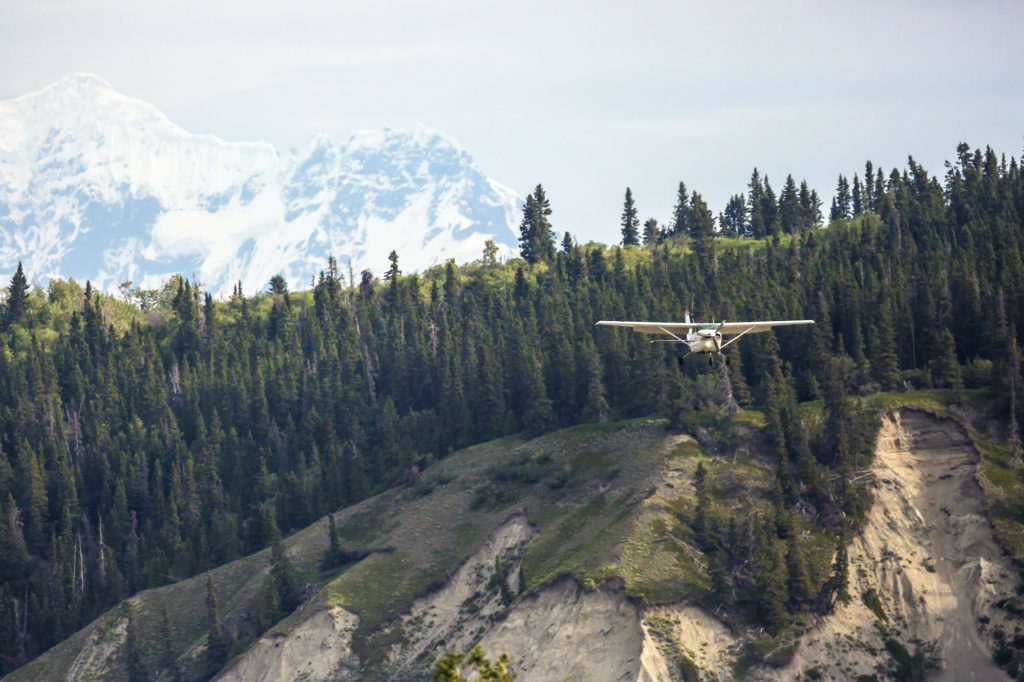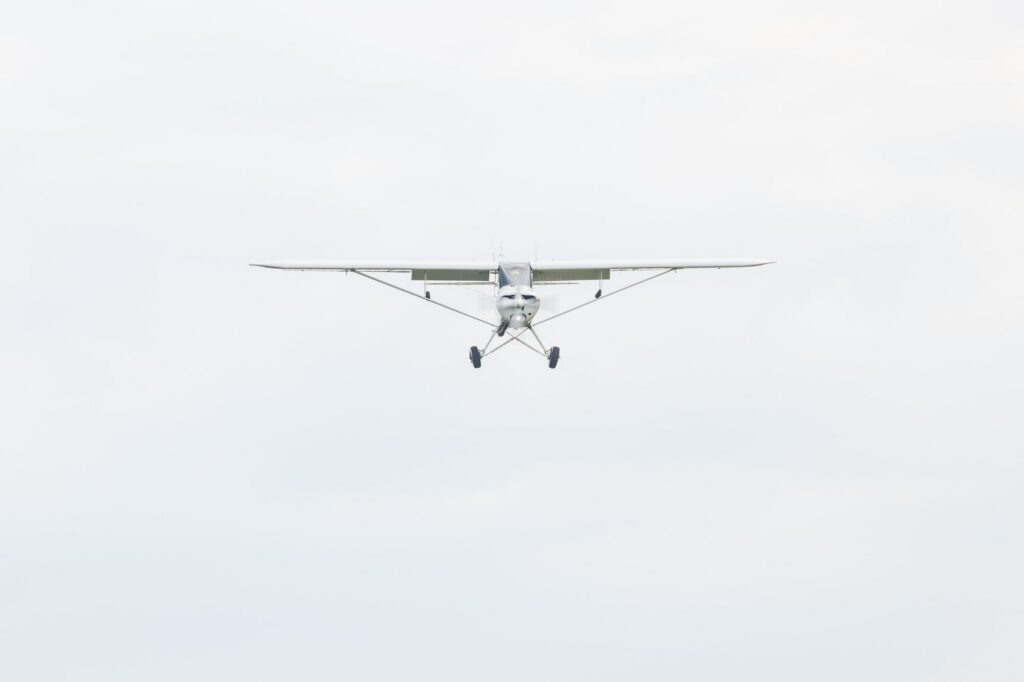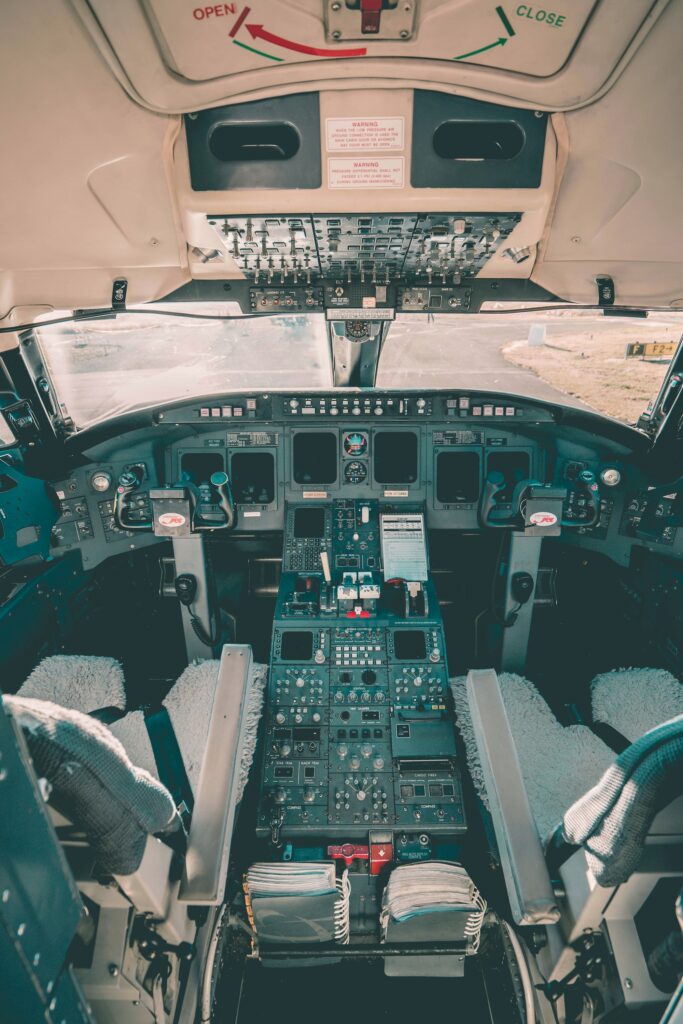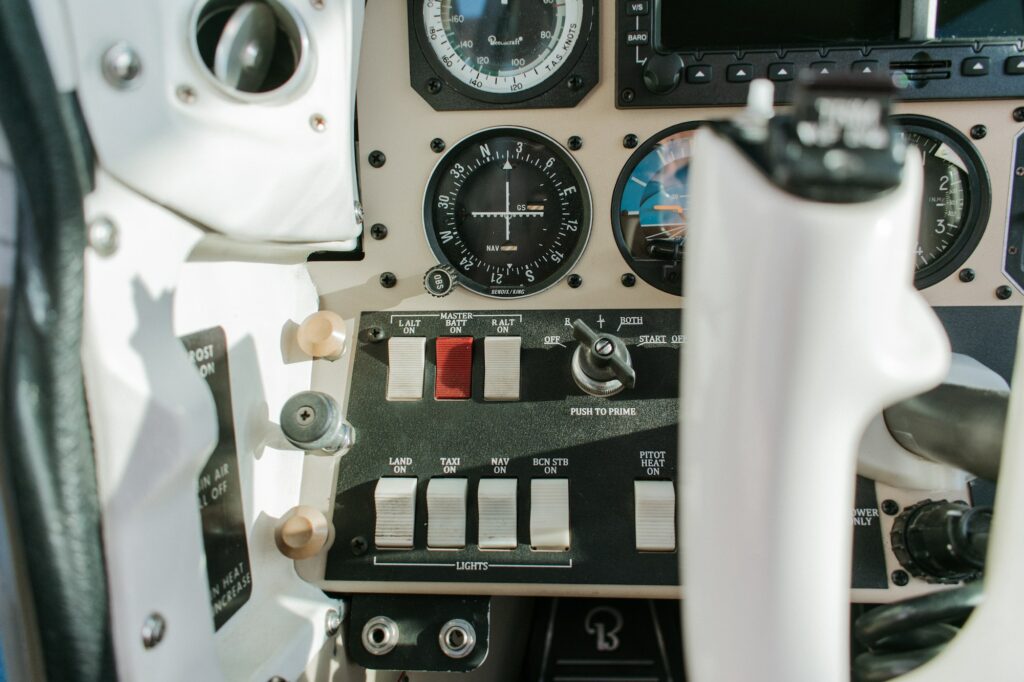
Sky or Spotlight? Considering Motivations in a Flying Career
Sky or Spotlight? Considering Motivations in a Flying Career
Aspiring aviators should consider whether they’re passionate about flight or just enjoy calling themselves “pilot”.
Do you want to “be” an airline pilot, or do you dream of flying airplanes?
An airline pilot career conjures romanticized images of a glamorous life, crossing oceans in a crisp uniform to the adoration of the flying public. That prestigious image was not granted by mere appearance, but earned by aviation’s pioneers through relentless dedication to the art of flying, and by countless young aviators who lost their lives in the pursuit. Many of today’s pilots continue that legacy. Unfortunately, others pursue an airline career because of its superficial aspects: bragging rights, the uniform, the travel, compensation and so on.
Social media exaggerates the superficial parts of flying careers, where many, typically young, professional pilots use their platform to showcase only the most glamorous aspects of the profession. They amass a customer base to which they advertise various products and services, from sunglasses to hair transplants. These individuals cheapen the profession, presenting an airline flying career as if it’s as simple as packing a suitcase, ironing a uniform, and traveling the world, and not the more serious business of piloting airplanes full of families’ loved ones.They also mislead their many followers, encouraging them to embark on a journey they know almost nothing about.
Those considering an airline career should remember that professional piloting is about flying airplanes at its core. And in flying airplanes, the superficial doesn’t count.
What is Flying
Flying airplanes can appear to be the mere operation of a vehicle, but to those who understand the art it is infinitely more. To passionate aviators, flying is a three dimensional expression of freedom, tuning the senses while balancing precision, aggression, tranquility, and grace. Only when approached poorly can it be the disinterested transportation of people and goods.
Dedicated pilots lie in bed at night wondering if their last landing is still thinking about them too. They appreciate that they can spend a long lifetime learning about flying and never know it all. They know that confidence, freedom, and excellence in the air is a product of dedication and an unwavering drive to improve that often manifests in hard work on the ground.
Safety in Professionalism
The impressive safety track record of U.S. Airlines is primarily the product of a disciplined proactive approach to safety that only works if pilots care enough to perpetuate it. This system includes a host of training, certification, and operating requirements and voluntary self-reporting programs through which pilots admit their mistakes to help their fellow pilots avoid the same ones. Pilots also follow exacting procedures that may seem overkill to those outside of the industry but, when layered, reduce the risk of even highly improbable events. A procedure that is only 99.5% safe is astronomically dangerous in flying.
Those in it for superficial reasons will, at the very least, lack motivation to align themselves with this aspect of the job well. At worst, they will see it as a nuisance. Either way, they’ll not be their best. There are many careers where that may be acceptable, but that is not the case in flying airplanes.
Pilots must be humble, disciplined, and mature. They must be sufficiently proficient to perform well even during an off day. They must have the confidence and judgment to put their foot down when necessary, even if it delays them and hundreds of passengers. And they must do all of this with minimal oversight.
And yet many cannot or choose not to. A Southwest Airlines pilot recently recorded a cockpit video while landing in Lihue, Kauai. On short final, the pilot pans right to follow a cruise ship, revealing that they’re holding the camera. This crew blatantly disregards the safety-focused professionalism that should epitomize airline flying. Individuals who thoughtlessly compromise safety and professionalism for something as silly as a video are better suited to other careers.
That’s one example of pilots doing something they shouldn’t. However, the more significant professional challenge for pilots is doing the many things they must do when nobody is watching. Pilots must deeply commit to continuous improvement in their work, whether practicing emergency procedures or improving their leadership style. While pilots attend paid training, few, if any, can achieve a respectable level of proficiency through mandated training alone. Good pilots spend unpaid time honing their craft because they know it matters.
Some ego is necessary here. Professional aviators should want to be the best they can be. If they don’t, this career is not for them.
Simultaneously, pilots must remember that airline flying is a team effort. Some members of the youngest, least-experienced generation of airline pilots particularly struggle on this point.
It’s Not About You
Airline pilots are part of a larger team that includes cabin crew, air traffic controllers, dispatchers, mechanics, and other roles required to safely cross the country in large metal tubes six miles up. Broaden the perspective further, and we remember the hundreds of passengers sitting in the cabin paying for it all.
A typical airline flight requires diligent coordination between these various parties. It requires that pilots work amicably with everyone in the system, regardless of that person’s attitude, experience, or even competence. The point is to get the job done well.
As members of a team, pilots must ask for help when they need it. Every person in the system will have a different perspective. The pilots are responsible for synthesizing all of it and asking great questions that drive toward the correct identification of problems and plausible solutions.
Pilots who are so self-obsessed that they record themselves packing a suitcase for a three-day trip don’t see the larger mission. Pilots who make everything about themselves miss one of the critical parts of their job: even though they are responsible for the flight, the show isn’t about them.
Thus far, we’ve discussed how pilots with the wrong motivations will likely perform poorly at their jobs. But for each individual, there’s an equally pressing reason for avoiding the career: it’s a lot of work if you don’t enjoy it.
Flying is a Calling
People who chase flying careers without a passion for flying embark on a challenging journey made harder by their inability to enjoy it.
A passion for flying carries aviators through the profession’s harder parts: layoffs and bankruptcies, rigorous training, incessant medical screenings, long hours, irate passengers, airport food, ruthless management, long stretches away from home, and, at many levels, low pay.
It behooves a pilot to enjoy flying if they’re going to put up with all of that.
That’s not to say that every professional pilot must have had their eyes pointed skyward at age five. Some discover the career in adulthood. Others achieve the means to pursue it when they’re older. But whether one is born with the passion or develops it later, all pilots ought to enjoy the simple art of flying airplanes.
Many individuals, even those who don’t care for flying, can earn a few certificates and don an airline uniform. Fewer can dedicate themselves daily to becoming a better pilot. All aviators who set their standards appropriately high will inevitably fall short on every flight. It’s a game that a pilot plays with themself to get better. Flight by flight, the difference is immeasurable, but it adds up over time.
That’s just part of the deal. But the attitude makes flying fun and keeps our passengers safe. Pilots who prefer to avoid this process will stagnate, perhaps even relatively early in their careers. Some are even jaded and coasting by the time they join the airlines. A training failure rudely awakens many of these types of pilots.
Flying legends like Bob Buck and Antoine de Saint-Exupéry celebrate these virtues, reminding us that each flight offers new lessons. Beyond a mere job or even a career, flying is a calling:
“There exists a quality which is nameless. It may be gravity, but the word does not satisfy me, for the quality I have in mind can be accompanied by the most cheerful gaiety. It is the quality of the carpenter face to face with his block of wood. He handles it, he takes its measure. Far from treating it frivolously, he summons all his professional virtues to do it honor.”
Antoine de Saint-Exupéry, “Wind, Sand, and Stars”
“If a pilot isn’t enthusiastic about flying, he doesn’t belong in the air. There is so much to learn and re-learn; there are new things constantly arriving on the scene that demand attention. If all this has to be done without enthusiasm, it is drudgery, and when something is drudgery, it isn’t done well or completely.”
– Bob Buck, “Flying Know-How”
Consider Your Motives
In closing, we again encourage aspiring pilots to ask themselves honestly: do they want to look like a pilot? Or do they want to fly airplanes?
Would you still enjoy flying airplanes if it paid less? If it didn’t command respect from your friends and family? If the exotic travel destinations were one-stoplight towns in the Midwest? Are you willing to give flying your all, or is it only worth the effort if you can be at a major airline in five years?
There’s nothing wrong with answering “no.” But don’t choose it as a career. The world needs passionate, driven people who follow their callings. Find (or create) yours.
What we don’t need is more pilot influencers.
The career’s most rewarding and enduring aspects stem from a profound love of flying. If you think that may be you, explore it. For those of us who love to fly, this career can be everything you imagine and more.






